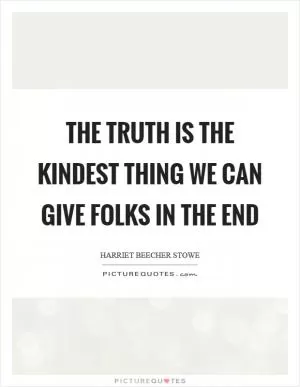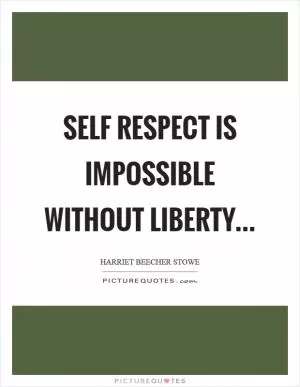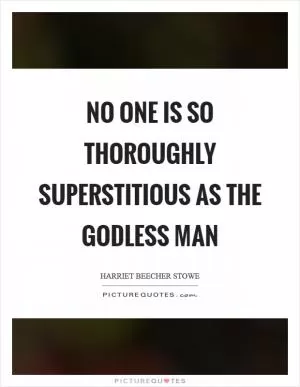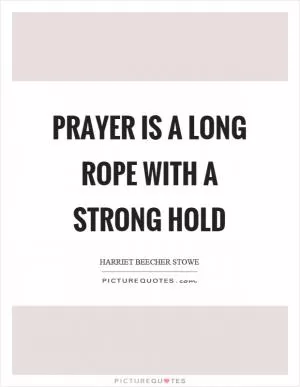Any mind that is capable of real sorrow is capable of good

Any mind that is capable of real sorrow is capable of good
Harriet Beecher Stowe, the renowned American author and abolitionist, is best known for her groundbreaking novel "Uncle Tom's Cabin." This novel, published in 1852, had a profound impact on the abolitionist movement and played a significant role in shaping public opinion on slavery in the United States. Stowe's work was instrumental in bringing attention to the inhumane treatment of enslaved individuals and helped to galvanize support for the abolitionist cause.The quote "Any mind that is capable of real sorrow is capable of good" is particularly relevant in the context of Harriet Beecher Stowe's life and work. Stowe's writing was deeply rooted in her own experiences and emotions, and she drew upon her own sense of sorrow and empathy to create powerful and moving narratives that resonated with readers. Stowe's ability to evoke genuine emotion in her writing was a key factor in the success of "Uncle Tom's Cabin" and helped to bring the harsh realities of slavery to light in a way that had never been done before.
Stowe's own life was marked by tragedy and hardship, which undoubtedly influenced her writing and her perspective on social issues. She experienced the loss of several family members at a young age, including her mother and siblings, and these experiences undoubtedly shaped her understanding of sorrow and suffering. Stowe's personal experiences of loss and grief likely fueled her passion for social justice and her commitment to fighting against the injustices of slavery.
In "Uncle Tom's Cabin," Stowe portrays the suffering and humanity of enslaved individuals in a way that challenges readers to confront their own prejudices and biases. Through her vivid and emotional storytelling, Stowe forces readers to confront the harsh realities of slavery and to recognize the inherent dignity and worth of all human beings. Stowe's ability to evoke genuine sorrow and empathy in her readers is a testament to her own capacity for good and her commitment to using her talents for the betterment of society.












 Friendship Quotes
Friendship Quotes Love Quotes
Love Quotes Life Quotes
Life Quotes Funny Quotes
Funny Quotes Motivational Quotes
Motivational Quotes Inspirational Quotes
Inspirational Quotes